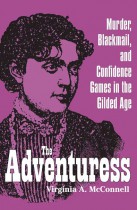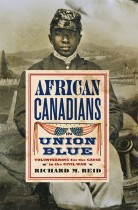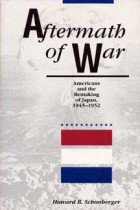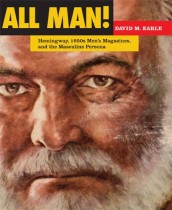Adelbert Ames, the Civil War, and the Creation of Modern America
Michael J. Megelsh | Filed under: Civil War Era, Civil War Soldiers and Strategies, Military History, Recent Releases, U.S. History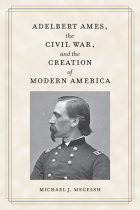
A central figure in Reconstruction-era politics, Adelbert Ames and his contributions during a significant and uncertain time in American history are the focus of Michael J. Megelsh’s fascinating study. As Megelsh discusses, Ames’s life took many compelling turns. Born on Maine’s rocky shore in 1835, he served as a Union general during the American Civil War and was heralded as one of the young stars whose leadership was integral in helping the Union to victory. He briefly remained in the army after the conflict, stationed in Mississippi, where he entered the political arena.


